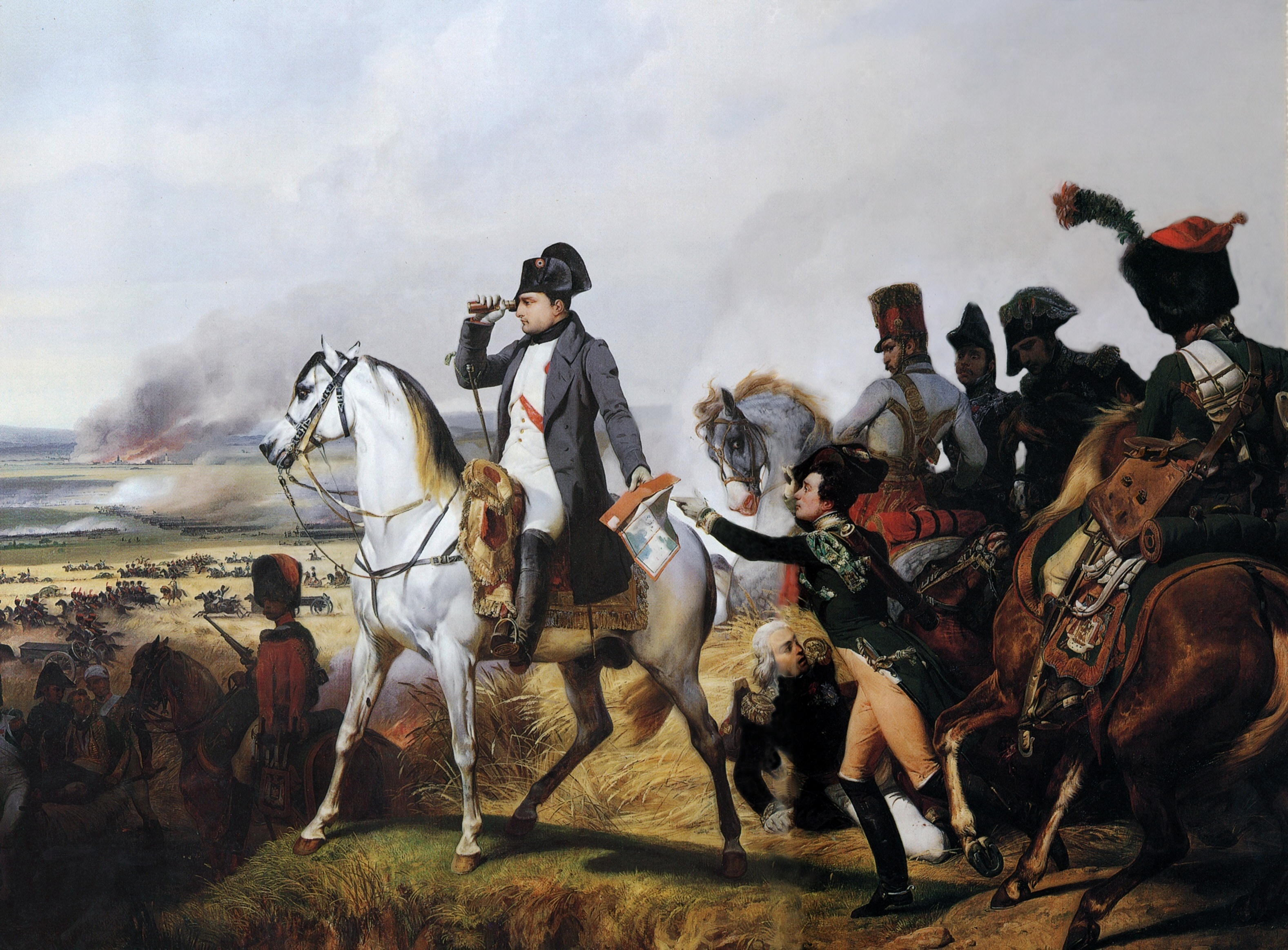Related:
Napoleon On An Age of Transition & The Dangers of A Militarist Government.
From, "The Mind of Napoleon: A Selection from His Written and Spoken Words," edited and translated by J. Christopher Herold. Columbia University Press: New York. 1955. Pg. 58-59.
[Conversation, 1816] Alexander had barely outgrown his boyhood when with a handful of men he conquered a portion of the globe: but was this, on his part, a mere irruption, a kind of deluge? No--everything was calculated deeply, carried out audaciously, and managed wisely. Alexander proved himself at once a great warrior, a great statesman, a great lawgiver. Unfortunately, upon attaining the zenith of his glory and success, his head was turned, or his heart corrupted. He had started out with the soul of Trajan; he ended up with the heart of Nero and the morals of Heliogabalus.[Conversation, 1818] What I like in Alexander the Great is not his campaigns, which we cannot understand, but his political methods. At thirty-three, he left an immense and firmly established empire, which his generals partitioned among themselves. He possessed the art of winning the love of the nations he defeated. He was right in ordering the murder of Parmenion who like a fool had objected to Alexander's abandonment of Greek customs. It was most politic of him to go to Amon [to be proclaimed a god]: it was thus he conquered Egypt. If I had remained in the East, I probably would have founded an empire like Alexander by going on pilgrimage to Mecca, where I would have prayed and kneeled.

